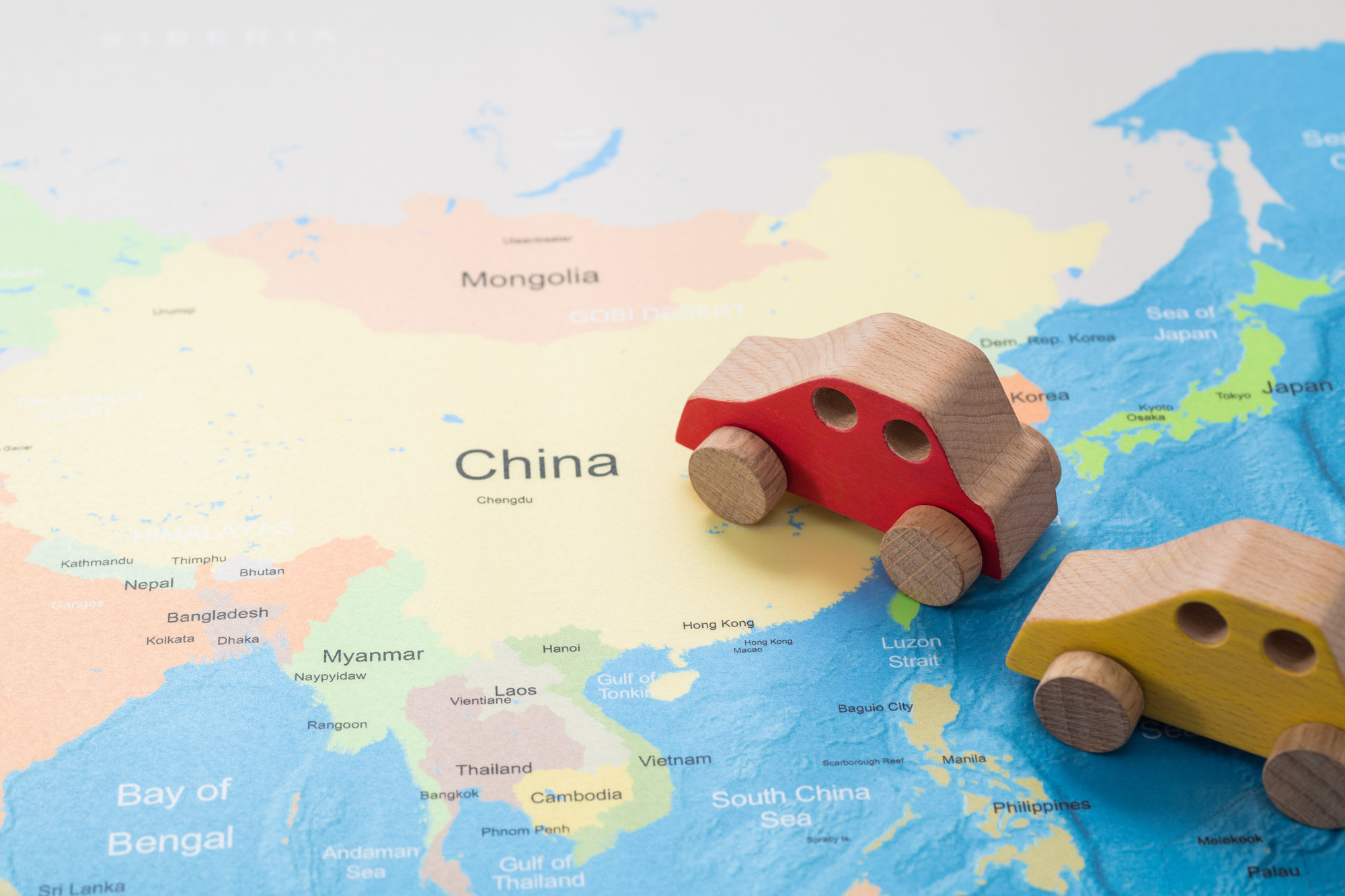2016/01/14
No. 223: Toshihiro Kudo, "The Birth of a New Myanmar: The People's and the Military's Choices"
In the general elections held in Myanmar on November 8, 2015, the opposition National League for Democracy (NLD) chaired by Daw Aung San Suu Kyi, the leader of the pro-democracy movement, achieved a major victory by capturing 80% of the seats in the Union Parliament. By contrast, the ruling Union Solidarity and Development Party (USDP) led by President U Thein Sein suffered a significant defeat, winning fewer than 10% of the seats.
What factors underlay the NLD's victory? The NLD portrayed this election campaign as the culmination of the democracy movement underway since the party was formed in 1988. The NLD did win the 1990 general elections as well, but the military regime refused to hand over power and subsequently launched a vigorous crackdown on the NLD. The NLD's campaign slogan of "Time for Change" was intended to signal that the time had come at last for the democratization efforts underway since 1988 to bear fruit. For its part, the USDP stressed its record of reforms achieved under President U Thein Sein, pointing out that the USDP was the party that had started reform and brought about economic growth. In the end, the public supported the NLD's agenda of "change," i.e., genuine democratization. The electorate saw the USDP as the party of the military, and placed emphasis not on the regime's record of reform over the previous four and a half years but on the history of the past half-century of military oppression.
The people had thus made a clear choice in the 2015 general elections by demanding an end to military rule. The problem was what choice the military - the key behind-the-scenes player - would make following the general elections. Would the military actually hand over power to an administration led by Daw Aung San Suu Kyi, or would the country see a repeat of 1990?
On December 2, three weeks after the general elections, Daw Aung San Suu Kyi met first with President U Thein Sein and then with Senior General Min Aung Hlaing, commander-in-chief of the Myanmar Armed Forces. On December 4, she held a meeting with former Chairman of the State Peace and Development Council U Than Shwe, the former head of the military junta and Aung San Suu Kyi's perennial nemesis who had held her under house arrest for 15 years. At this meeting, U Than Shwe recognized Daw Aung San Suu Kyi as the country's future leader. With the two now "reconciled," a transfer of power from the military-backed USDP to the NLD was ensured.
The significance of the 2015 general elections in Myanmar lies in the fact that it has put an end to the "vicious cycle" of the past quarter-century in which the political forces for democratization represented by Daw Aung San Suu Kyi and the military represented by former Chairman of the State Peace and Development Council U Than Shwe have engaged in a bitter and uncompromising struggle over political power in the country that has resulted in a deterioration of the national economy and people's living standards. The general elections have given birth to a "new Myanmar."
This is, in fact, in line with the scenario already drawn up by the military four and a half years earlier. When U Thein Sein, the fourth-highest ranking member of the military regime, took office as president in March 2011, no one imagined that he would begin reforms toward democratization, but bold political and economic reforms did indeed get underway. President U Thein Sein's "top-down reforms" were part of a scenario the military had formulated to resolve the numerous problems arising as side-effects of its long years of heavy-handed rule, including the regime's lack of legitimacy, the country's fall to a dishonorable status within the international community, serious human rights infringements, extended economic stagnation, and overdependence on China. It was this objective that eventually compelled President U Thein Sein to talk with Daw Aung San Suu Kyi, who for many years had opposed the military, and incorporate her into national politics. At the same time, the military also found it necessary to remain involved in national politics through the adoption of the 2008 constitution to preclude possible revenge by the pro-democracy movement and to protect its economic interests.
The 2015 general elections thus took place after four and a half years of these reform efforts, and Daw Aung San Suu Kyi won an overwhelming victory. Daw Aung San Suu Kyi and U Thein Sein kept in close contact during this time, having already learned the lessons of the past. That the two were able to cast off long years of distrust and work in cooperation can be attributed to President U Thein Sein's "top-down reforms" over the preceding four and a half years and to Daw Aung San Suu Kyi's change of heart in response to these reforms.
Credit for the smooth and remarkable headway made by President U Thein Sein's reforms goes first to the political will of the military. A major secondary factor, though, was the considerable cooperation received from the international community. Japan in particular was generous with its cooperation and support. When President U Thein Sein launched his reform program, Japan immediately implemented its arrears clearance operations for Myanmar's delinquent debt of \500 billion in a show of support for Myanmar's reforms directed both inside and outside the country. Japan thereafter extended assistance via a three-pronged approach: support to improve people's day-to-day lives, support to develop the human resources and systems that underpin the economy and society, and support to establish the infrastructure and systems needed for sustained economic growth. In FY2012, the year following the start of reforms, Japan provided 27.7 billion yen in grant aid and 4.2 billion yen in technical cooperation. Aid was forthcoming in other forms as well, with policy assistance playing a particularly important role. Japan sent experts to Myanmar's ministries and agencies, worked with them on formulating development policies and plans, and brought some of these bureaucrats back to Japan for further learning. Over the past three years, I myself have worked hand-in-hand with officials at the Ministry of Industry to devise policies for industry and for small and medium-sized enterprises.
It has therefore been Myanmar's reforms, and not necessarily the USDP, that Japan has supported. Whether green (USDP) or red (NLD), a government that serves the people's interests is a good government. Japan should carefully explain to Daw Aung San Suu Kyi and the NLD the policies that it has pursued thus far, and then continue to cooperate in Myanmar's development.
Toshihiro Kudo is Professor of Public Policies at the National Graduate Institute for Policy Studies (GRIPS), Tokyo.
The views expressed in this piece are the author's own and should not be attributed to The Association of Japanese Institutes of Strategic Studies.





